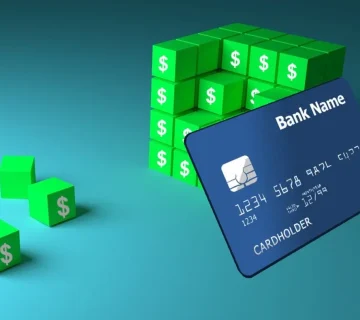Moving to a multicultural and well-developed nation like Canada and beginning a new life is an energizing prospect. To guarantee your move and settlement in Canada advances easily, it is critical to be educated and arranged. Finding work after moving is frequently one of the high-priority activity things for numerous newcomers. Whereas job-hunting, it is basic to have adequate money-related bolster to support yourself and your family for some months.
In this article, we are going share a few experiences on key cost categories for newcomers in Canada so you’ll know what to anticipate and can in this way plan your accounts superior. We’ll moreover assist you in getting credit and give tips about sparing and budgeting so you’ll live a financially stable life after moving to Canada.
What are the major month-to-month costs in Canada?
In Canada, the living costs can change from one city to another and are likely to be exceptionally distinctive from what you’re acclimated to in your domestic nation. Having a reasonable and practical thought of these costs, particularly as you arrange your move to Canada, can assist you with budgeting and overseeing your costs way better.
Accommodation cost is likely to be the lion’s share component of your month-to-month costs
Newcomers ordinarily rent accommodation during their starting months in Canada. The cost of renting a similar-sized apartment or condo can shift broadly between cities. According to information published by CMHC (Canadian Mortgage Housing Corporation) in January 2020, Toronto remains the foremost costly put to lease in Canada, with the normal fetch of a two-bedroom loft coming to $2,476 CAD per month. The same estimate staying in Vancouver midpoints is roughly $2,045 CAD, whereas one in Winnipeg costs $1,412 CAD. A casual look on websites like ViewIt and Condos.ca or apps like Zumper and Padmapper will grant you a reasonable thought of what to anticipate.
Depending on which city you’re leasing in, you’ll be required to pay for a security store. In a few areas like Ontario, it’s a common hone for tenants to pay to begin with and the final month’s lease prior to moving in. It is common hone (and completely lawful) for proprietors to require a credit report from potential occupants. Most newcomers to Canada don’t have a credit history and are in this manner not able to supply this. Within the nonappearance of a credit report and business letter, you will offer to pay the proprietor some more months of lease forthright – this could be a motivating force for the proprietor to accept your application over another. Keep in mind, that the proprietor cannot legally ask you for any additional amount past the desired standards.
Occupant (or renters’) protections are another fetched that simply ought to be calculated when leasing. Compare cites by distinctive suppliers sometime recently choosing; protection suppliers such as SquareOne and Piece offer competitive rates. On the off chance that you arrange to get a car, remember that stopping space can take an toll additional as well.
Your monthly expenses can quickly accumulate, particularly from utilities.
Air conditioning (AC) and heating constitute a significant portion of the costs. On average, hydro (electricity) bills range from $50 to $80 CAD monthly, while water bills typically fall between $20 and $40 CAD. Additionally, internet and cable TV combined can cost upwards of $100 CAD per month. Depending on your accommodation type, there may be extra fees for garbage removal and waste management. Personal phone plans are also costly in Canada, averaging between $50 and $100 CAD monthly.
When it comes to food and groceries, it’s wise to compare prices before purchasing to maximize savings.
One effective method is to explore online options provided by local grocery stores, many of which offer home delivery services. In addition to well-known names like Walmart and Costco, Canadian retail chains such as Loblaws, Metro, T&T Supermarket, and Sobeys are popular choices.
Most grocery stores have websites listing item prices, allowing you to research and budget for your food expenses even before arriving in Canada!
It’s important to note that prices may vary between stores. Price comparison apps like Flipp and SaleWhale can help identify deals, and many stores offer price matching to save money and effort.
Anticipate travel-related expenses, especially in Toronto.
In Canada’s major cities, public transit is the preferred and more economical mode of transportation. For example, Toronto’s public transit system, known as TTC, encompasses buses, subways, streetcars, and light rail transit (LRT). The Presto card is the preferred payment method, usable across local transit systems and reloadable online, at stations, or select stores.
If considering purchasing, leasing, or renting a car, factor in associated costs like fuel, monthly loan payments, registration, and insurance.
Set aside emergency funds for unforeseen expenses.
It’s prudent to prepare for occasional unexpected costs such as prescription medications or healthcare not covered by insurance. Clothing and footwear expenses can add up, particularly depending on family size. With Canada experiencing long, cold winters, appropriate attire is crucial. Budgeting a few hundred dollars per person for fall and winter wear is advisable.
While this isn’t a monthly expense, it’s a one-time investment. Retailer websites offer cost estimates, and second-hand options from thrift shops or online marketplaces like Facebook can provide savings, albeit with a thorough inspection for any damage.
Understanding Credit
North American economies, including the U.S.A and Canada, operate on credit systems, which may differ from your home country. Essentially, credit cards are used for purchases, with the amount owed repaid at the end of the billing cycle or in installments. It’s akin to borrowing funds from a bank to cover expenses. Starting with small expenses like phone bills or groceries and paying the balance in full each billing cycle helps build credit history gradually.
Understanding Credit Scores
Having a credit score is essential in Canada for various aspects of life. It indicates your ability to repay loans and may be requested by landlords or potential employers. A good credit score enables better interest rates on loans in the future. Obtaining a Canadian credit card typically takes a few weeks to a month for newcomers, followed by several months of credit transactions to establish a credit history. Equifax and TransUnion are the primary credit rating organizations, offering credit reports.
Familiarize Yourself with Savings and Investments
Investing wisely secures financial stability both in the present and long term. Defining goals, such as buying a house or planning for education and retirement, and familiarizing oneself with popular investment options in Canada are essential steps. Consulting a financial advisor can provide guidance tailored to individual circumstances, helping achieve financial goals and ensuring a secure future in Canada.




